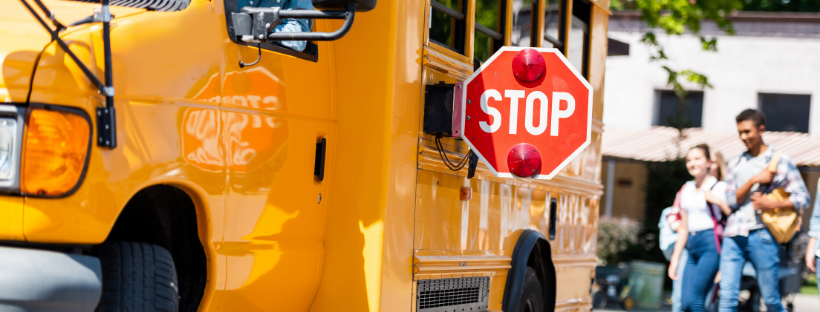

COVID-19 Update: As School Closures Extend Across Massachusetts, DESE Amends Guidance to School Districts
First and foremost, we hope you are feeling healthy, safe, and cared for. This cannot be reiterated enough: these are truly unprecedented times, and this is unchartered territory. Every day the US Department of Education (USDOE) or the MA Department of Elementary and Secondary Education (DESE) is sending out new guidance for school districts during school closures. We are monitoring it carefully and are here to answer any questions you may have. As school closures extend in Massachusetts, DESE has shifted its guidance for all school districts across the state. Originally, the guidance was for schools to prioritize the most immediate health and safety concerns within their community: making sure that all students who needed it had access to food and nutrition (about half the students in the state rely on breakfast, lunch, and/or dinner at school). Once that was up and running, schools were advised to reach out to students and families and provide access to educational resources to students. From what we are hearing, our clients have been provided various educational resources by their district over the last couple of weeks. On March 25, 2020, Governor Baker extended school closures until at least May 4, 2020, and this prompted DESE to advise schools that the expectations have now increased since students will be out of school longer than the originally planned three weeks. On Thursday, DESE provided new guidance to school districts in response to this extended closure (as well as in response to updated guidance from the USDOE that was issued on March 21, 2020). DESE is now recommending that school districts move to providing remote learning opportunities for their students. Because DESE is not mandating specific ways to do this, it will look different for all schools. DESE makes it clear that this type of learning will not replace the valuable in-person instruction that happens under normal circumstances; it is not ideal for anyone— students, parents, teachers, or administrators. However, DESE is asking that everyone involved try their best given the restrictions we are all facing right now. DESE has asked that schools now shift to providing a free appropriate public education (FAPE) to students with disabilities. DESE states “The determination of how FAPE is to be provided may need to be different in this time of unprecedented national emergency.” Districts should prioritize the critical skills that students need to prevent regression. DESE is asking that parents/families be flexible because strict IEP compliance will not be possible during this time. Over the next few weeks, we expect that districts across the state will start to provide more structured learning opportunities for students, including students with disabilities and ELL students. Given this sudden shift in expectations during these unprecedented times, however, this will not happen overnight. Most districts are not prepared for this and face many hurdles to make this type of learning happen for its students. We encourage you to be patient and recognize that this is new for everyone (including your child’s teachers or service
Read MoreCOVID-19 Update: Supplemental Guidance from the U. States Department of Education
Since our blog post last week, the United States Department of Education (DOE) has published updated guidance for school districts and families nationwide relating to providing meaningful educational opportunities to all students, with and without disabilities. DOE issued this updated guidance in an effort to clarify “a serious misunderstanding” in the educational community that school districts should not provide any distance instruction during COVID-19 closures. This misunderstanding seems to stem from fear of being unable to meet the federal requirement of providing all students, with and without disabilities, with access to distance learning. Instead, DOE emphasizes that federal disability laws “should not prevent any school from offering educational programs through distance instruction.” It highlights that school districts are allowed flexibility when determining how to meet the needs of students with disabilities. While federal disability laws require equal access to offered instruction, it does not require that instruction to be provided to disabled and non-disabled students via one specific methodology. Rather, if students with disabilities are unable to access distance instruction via the methodology offered to students without disabilities, school districts may satisfy federal disability laws by providing access to instruction via alternative methodologies. Examples of alternative methodologies include teletherapy, tele-intervention, instructional packets, projects, and written assignments, to name a few. The DOE also emphasizes the importance of school districts and families working collaboratively around IDEA timelines during this unprecedented time, including but not limited to timelines for eligibility determinations, due process hearings, annual review meetings and reevaluations. If you have any questions relating to DOE’s most recent guidance or other special education issues, please reach out. Stay healthy and safe.
Read More

